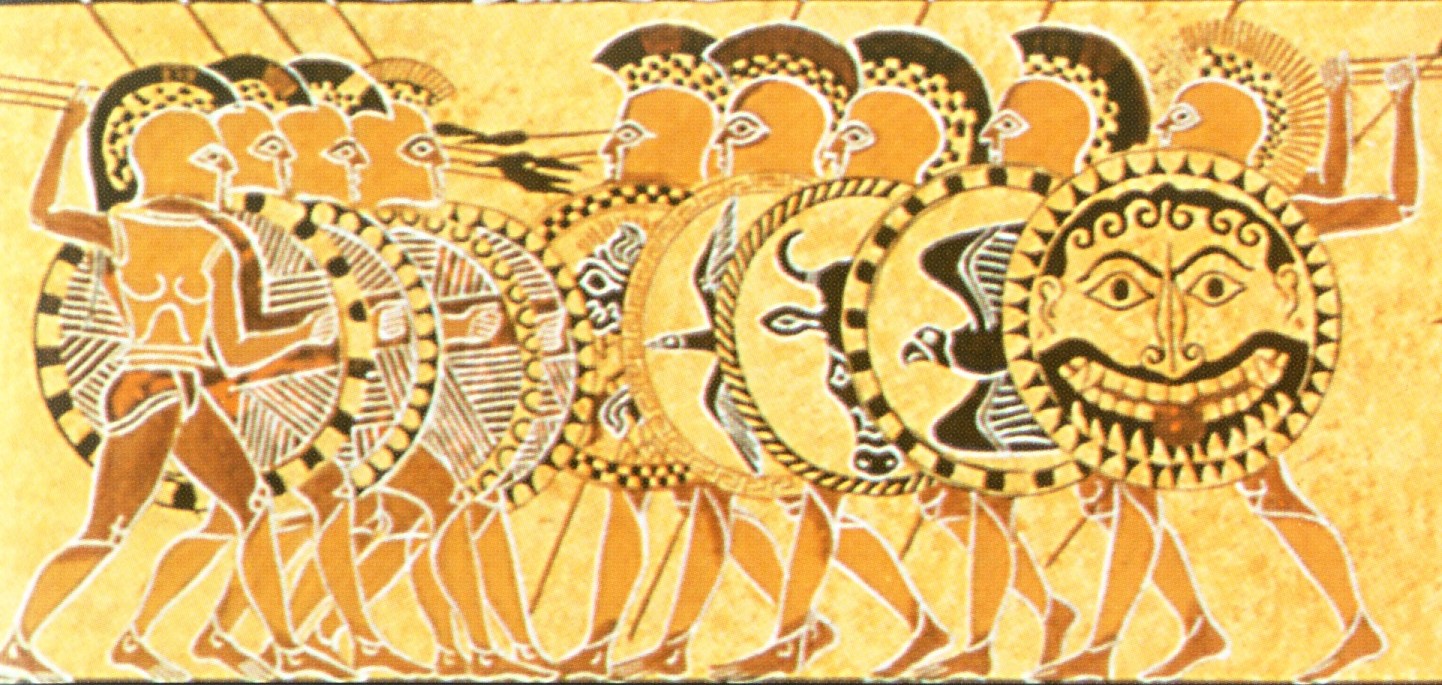
From what I can tell, most Classical authors use Lakedaimon where most modern writers use Sparta; modern translators often convert the former to the latter when rendering ancient texts, i.e.
“ὦ ξεῖν’, ἀγγέλλειν Λακεδαιμονίοις ὅτι τῇδε
κείμεθα τοῖς κείνων ῥήμασι πειθόμενοι.
Go, tell the Spartans, stranger passing by/That here, obedient to their laws, we lie.”
What gives? Did everyone just decide to switch to the easier spelling at some point?
__________
Typically, especially if you are reading ancient historians, Sparta refers to the main city or settlement while Lacedaemon refers to the city-state or region. Similar to how counties and cities work. The ancient historians generally referred to the region as a whole, rather than the city itself. Herodotus may be the only exception who regularly referred to the city as separate from the northern part of the region. Likewise, the population could be applied an adjective of being from Lacedaemon or from Sparta. So, just as if you are a Parisian you are also French, one would be a Spartan and a Lacedamonian.
Ancient historians referred to the name of the city-state (region) itself rather than the city or settlement of Sparta. With regards to why the term ‘Sparta’ is so prevalent with modern historians today, is not of my knowledge.
_______________
“Even the Spartans didn’t go to sleep at 10(PM)” is a saying which is used to rationalise having a late night out and fun times even while sticking to an austere budget. But what time would the average Spartiate turn in for the night?
Post-Napoleonic Warfare & Small Arms
Dueling:
Where exactly are you hearing this phrase used? I’ve never heard it, and an informal poll of the mod team also indicates it certainly doesn’t have wide credence. Google turns up only one hit which uses it… this thread.
SevenSixTwoZeroSeven:
Actually, for the purposes of asking this question I’ve translated the phrase from German (which is the only language I’ve ever heard it said in, so I suppose it originates in Germany or thereabouts, I believe, in the early – mid 20th century, which is the earliest I can find anyone mentioning it anecdotally)
I think that it may have a root in First/Second World War living conditions, and that despite rationing and limited supplies, that one could have a good night out, if only just to enjoy the company of one’s friends.
A quick internet search for a few variants of the phrase in German brought up this German-language travel guide, which in a gymnasium section, mentions the phrase (but in a way that translates slightly differently) which means this seems not to be some small-town localised phrase.
I hope I can help the beleaguered moderation team could help me possibly find more information about the phrase itself when it gets around to (hopefully) being answered at all.

Whaddaya Say?